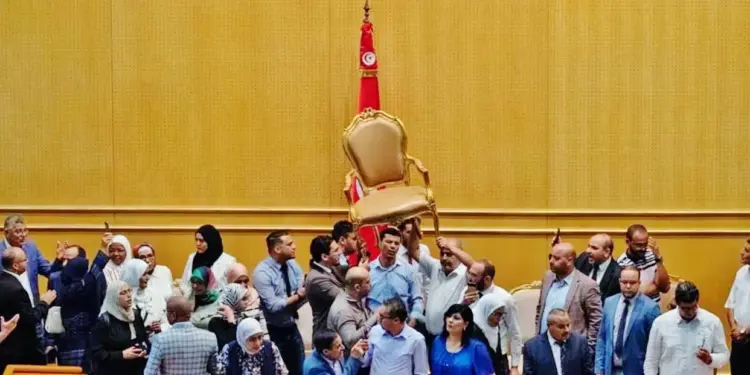There was a time, not so distant, where Tunisia vibrated to the rhythm of acronyms, congresses and programs. After the 2011 revolution, the country had attended a explosion of partisan activityas revenge on decades of political monopoly. The parties flourished by the dozens, sometimes by the hundreds, reflecting an urgent need for expression, representation and recomposition of the political field.
But, almost fifteen years later, the landscape is unrecognizable. The events of July 25, 2021 acted as an earthquake. Since then, the parties seem to be struck by silence, unable to digest the change in political regime, paralyzed in the face of a new deal which leaves them little room for maneuver. The vacuum they leave is obvious: no more mobilization of land, more relays with citizens, more structured national debate.
This quasi-absence is not only cyclical. It reveals, in depth, a constitutive weakness. Many of these training courses have never been real parties in the full sense of the term: endowed with a lasting organization, a structured internal life, a clear programmatic vision. Too often, they were reduced in the shade of a chef, to a coalition of personalities, to a device without base or continuity.
Today, this deficit is paid cash. Instead of establishing themselves as a counterpower or a force for proposals, the parties sank in invisibility. Their inability to adapt to the new political reality testifies to a maturity crisis.
The almost complete disappearance of the national landscape parties poses a heavy question: What place is it for political mediation in Tunisia? Without solid parties, rooted and capable of embodying the diversity of society, the risk is great to see public life reduced to a direct, vertical relationship, between the State and the individual, without space for debate, compromise or collective regulation.
History will remember that the revolution had opened a breach, but that the parties could not expand it. Their current silences are all evidence of their fragility.








